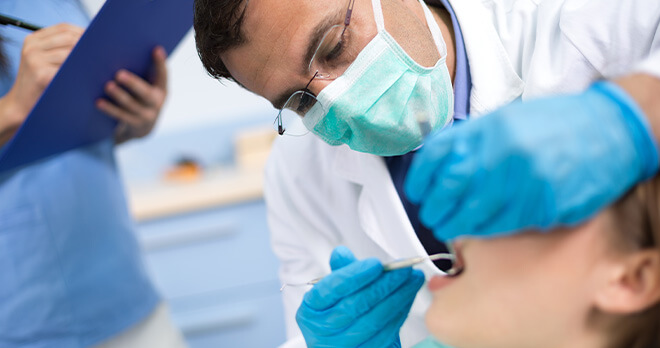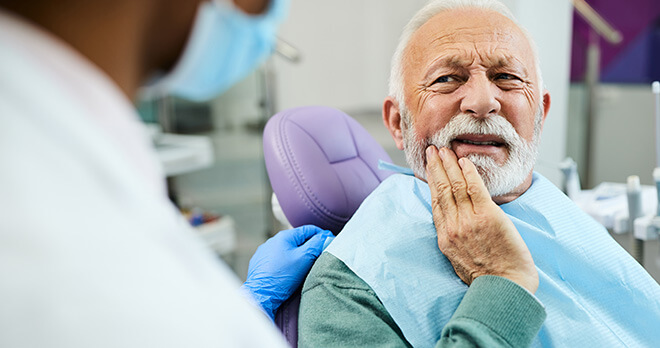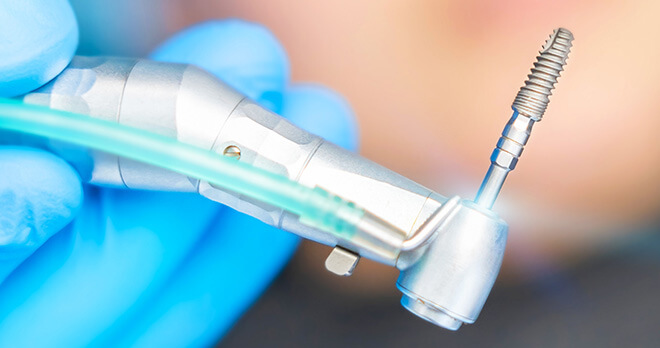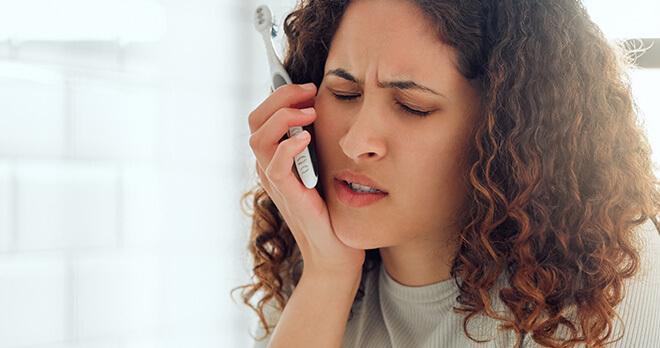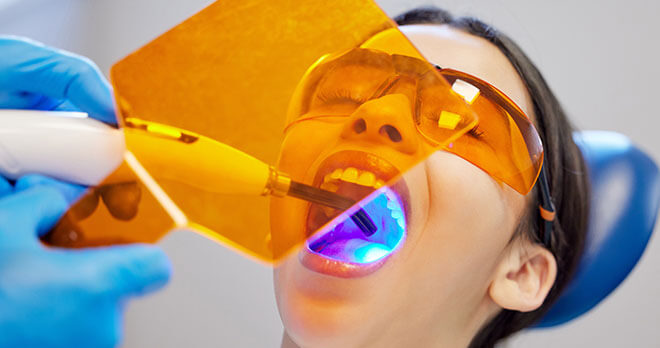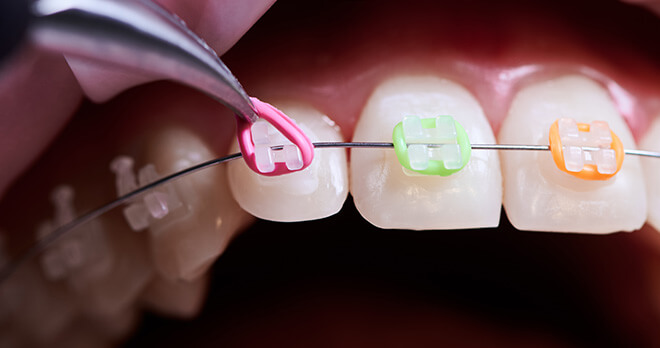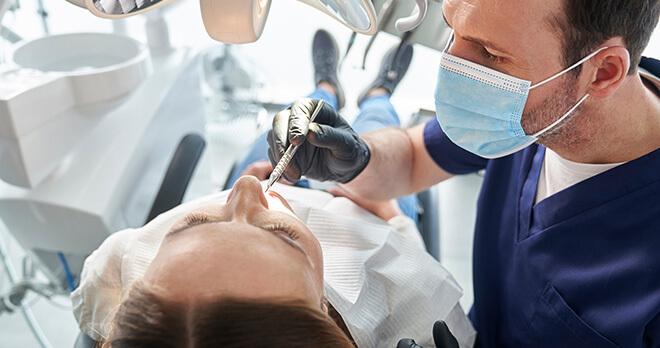Have a dental phobia? How your dentist can help with your fear of treatment
Statistics gathered by The Oral Health Foundation shows the prevalence of dental phobia, this blog considers ways in which your dentist can help to ease your fears.
Do you have a fear of visiting the dentist? If so, you’re not alone. Statistics gathered by the Oral Health Foundation show that almost half of UK adults are afraid of seeing their dentist and, of these, approximately 12% suffer from an extreme phobia or dental anxiety.
A fear of the dentist can lead to non-attendance which can causesome underlying dental problems to go undetected. As a result, patients may suffer from deterioration to their dental health and serious issues later down the line requiring urgent treatment. The development of pain and need for urgent and sometimes invasive treatment can then cause a dentophobic patient further anxiety and fear, as they know that their situation has reached the point of necessary dental intervention.
How is a dental phobia/anxiety diagnosed?
Dentophobia is the term used for patients who suffer from an extreme phobia of visiting the dentist. There are many reasons why someone may have developed a fear of the dentist ranging from the sound of a drill to a past unpleasant experience encountered whilst at the dentist.
Anxiety UK provides guidance on how you can determine whether you are affected by a dental phobia:-
“Over the past 6 months, did any of the following make you feel anxious:
- Have you avoided dental and/or oral medical treatment because of your fear?
- Have you carried on far longer with pain in your tooth or an infection because of your fear of attending the dentist?
- Do you have an overwhelming fear when you think about attending an appointment at the dentist?
- If you hear a dental drill sound, does this cause you a very high level of anxiety?
- Have you had this fear for some time, following a difficult experience in childhood with the dentist?”
It is recommended that anyone suffering from any of the above should seek guidance from their GP for a formal diagnosis and advice on how this may be treated.
Possible ways your dentist can help reduce your fear of dental treatment:
1. Many dentists now understand that most people still may feel anxious about their visit and so they are increasingly becoming more educated and aware of techniques to ease your anxiety during your appointment with them;
2. Referrals for Cognitive Behavioural Therapy (CBT);
3. Referrals for sedation;
4. Referrals for Hypnotherapy.
If you have any questions at all about how a dentist can help with your fear, The Oral Health Foundation have a Dental Helpline which may assist you.
But what if your phobia has developed as a direct result of dental negligence?
Whilst there may be some effective remedies available (as outlined above) to treat a diagnosis of dentophobia, these sometimes come at a cost, if unavailable on the NHS.
If it can be proven that you have developed dentophobia as a direct result of substandard and negligent treatment, you may be entitled to claim against your dentist for this injury as well as any losses incurred in paying for the treatment of it.
If you have a formal diagnosis of dentophobia from a GP (or are in the process of being diagnosed), and you consider that you have suffered from dentophobia as a direct result of negligent dental treatment, please feel free to contact us today for more information.
Got a question?
You can call the team on 0800 923 2080 or message them to understand more about you potential compensation claim for dental negligence. We will get back to you at a time that is convenient to you.
Common claim types
Insights and opinions
View more articles related to Cosmetic dentistry, Crowns and bridges, Dental implants, Dental nerve damage, Extractions, Gum disease, Information, Mouth cancer, Orthodontics, Root canal treatment, Tooth decay and Wisdom teeth
